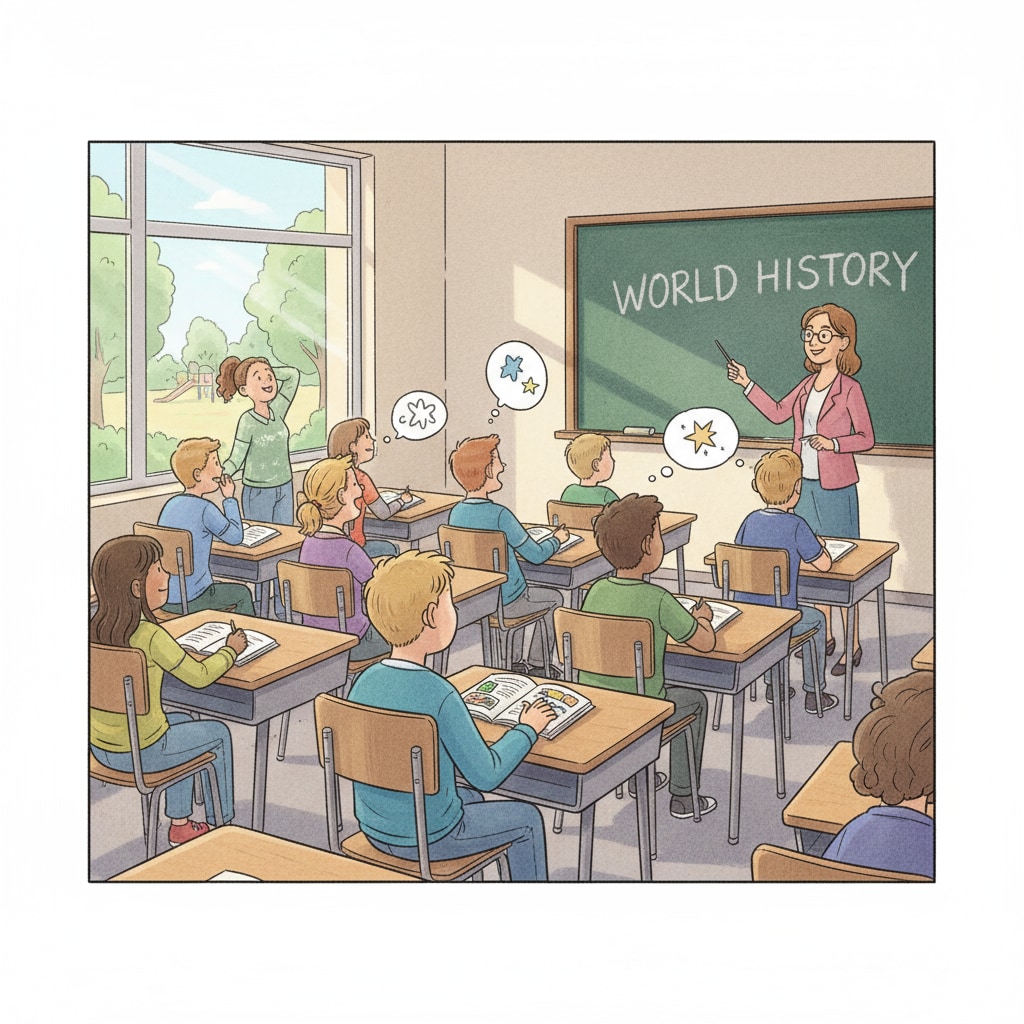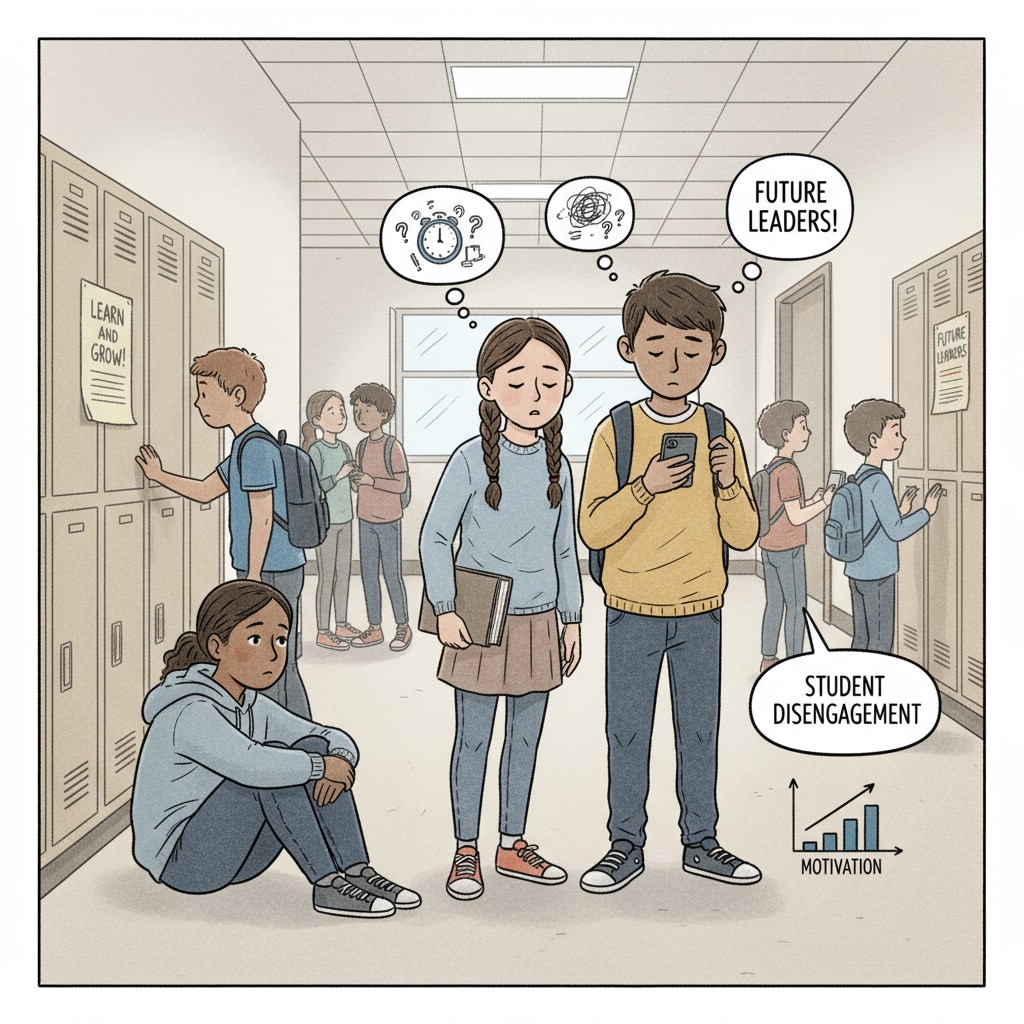The concepts of compulsory learning, school systems, and education policies are at the heart of modern education. In the contemporary K12 education system, a significant contradiction exists. We have constructed an educational framework founded on the belief of compulsory learning. However, the harsh reality is that while we can enforce student attendance, we struggle to ensure genuine learning takes place. This underlying conflict gives rise to a series of educational challenges that need to be addressed.
The Myth of Compulsory Learning
The idea of compulsory learning is deeply ingrained in our education policies. We assume that by making school attendance mandatory, students will automatically absorb knowledge and skills. But in reality, it’s a far cry from the truth. For example, many students sit in classrooms physically present but mentally disengaged. According to Education Week, a large percentage of students report feeling bored or unchallenged in school. This shows that just being in a classroom doesn’t guarantee learning. Compulsory learning, in this sense, is more of an illusion.

Consequences for School Systems
This contradiction has significant implications for school systems. One major issue is the difficulty in dealing with problem students. Since we can’t force learning, students who are unmotivated or disruptive become a challenge. Schools often have to implement unconditional pass policies to maintain order. As stated by the National Center for Education Statistics, some schools are facing rising dropout rates due to the inability to effectively engage students. This is a clear sign that the current system is struggling to meet the diverse needs of students.

Another consequence is the compromise on classroom order. Teachers are often caught in a dilemma between maintaining discipline and promoting learning. With the pressure to ensure students attend school, they may focus more on keeping the peace rather than facilitating deep learning experiences. This can lead to a less productive learning environment overall.
Readability guidance: As we can see, the contradictions in compulsory education have a wide range of impacts. By understanding these issues, we can begin to explore solutions. However, it’s important to note that any changes must consider the complex interplay between compulsory learning, school systems, and education policies.


